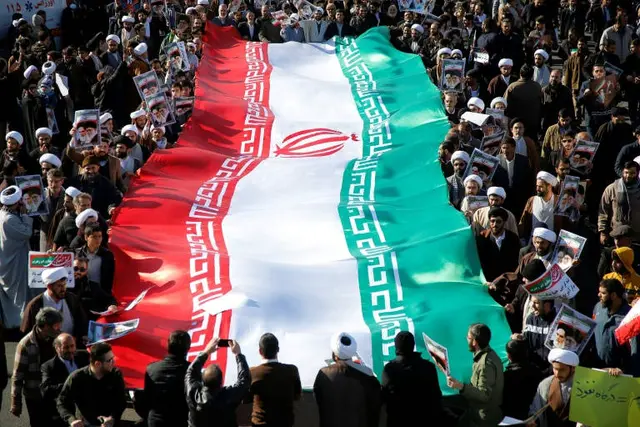Australia's deepening people-to- people relationships in Asia, especially with China, is the cornerstone of economic success for the nation's future, according to Reserve Bank of Australia Deputy Governor Philip Lowe.
Speaking to the annual dinner of the Australian Business Economists on Tuesday night, Lowe said Australia needed to provide high value-added goods and services to the Asian region, on top of its core exports of natural resources.
And this will be developed through "human capital."
Lowe said exports to Asia are up by 30 percent over the past five years and Australia now has free trade agreements with its three largest export destinations, China, Japan and South Korea.
But the aspect of the Australia-Asia relationship that Lowe highlighted as most important was the "people-to-people relationship."
"Around 8 percent of the Australian population was born in east and south-east Asia or India. In comparison, in the United States, only around 3.5 percent of the population was born in Asia and for most European countries the figure is below 2 percent," Lowe said.
Lowe said more than 250,000 citizens from Asia are traveling to Australia every month, with arrivals from China reaching nearly 80, 000 a month. And there has also been very strong growth in the number of Australians traveling to Asia for both business and leisure.
"This deep and growing people-to-people engagement is an increasingly important national asset. It helps us better understand the most dynamic part of the global economy. It promotes goodwill and can help identify cross-border business opportunities," he said.
"Some of the students studying here will hopefully become ' champions' for our country when they return home. Others will remain here and use their knowledge and relationships in their country of birth to build new and stronger business ventures between our countries."
Lowe said the Australian economy needed to be an economy where value-added goods and services is high.
"We need to be able to produce a range of goods and services very efficiently and/or be able to sell goods and services at a premium price because of their quality, their uniqueness or some other favorable attribute," he said.
Lowe said this important "value-added" goal was important for advanced manufacturing, tourism, agriculture, the technology sector and in business and household services.
"In the end, it is unlikely that we can achieve this aspiration by simply selling standardized, homogeneous, mass-produced goods and services on the world market. We need to be at the high value- added end in much of what we do," he said.
 简体中文
简体中文

